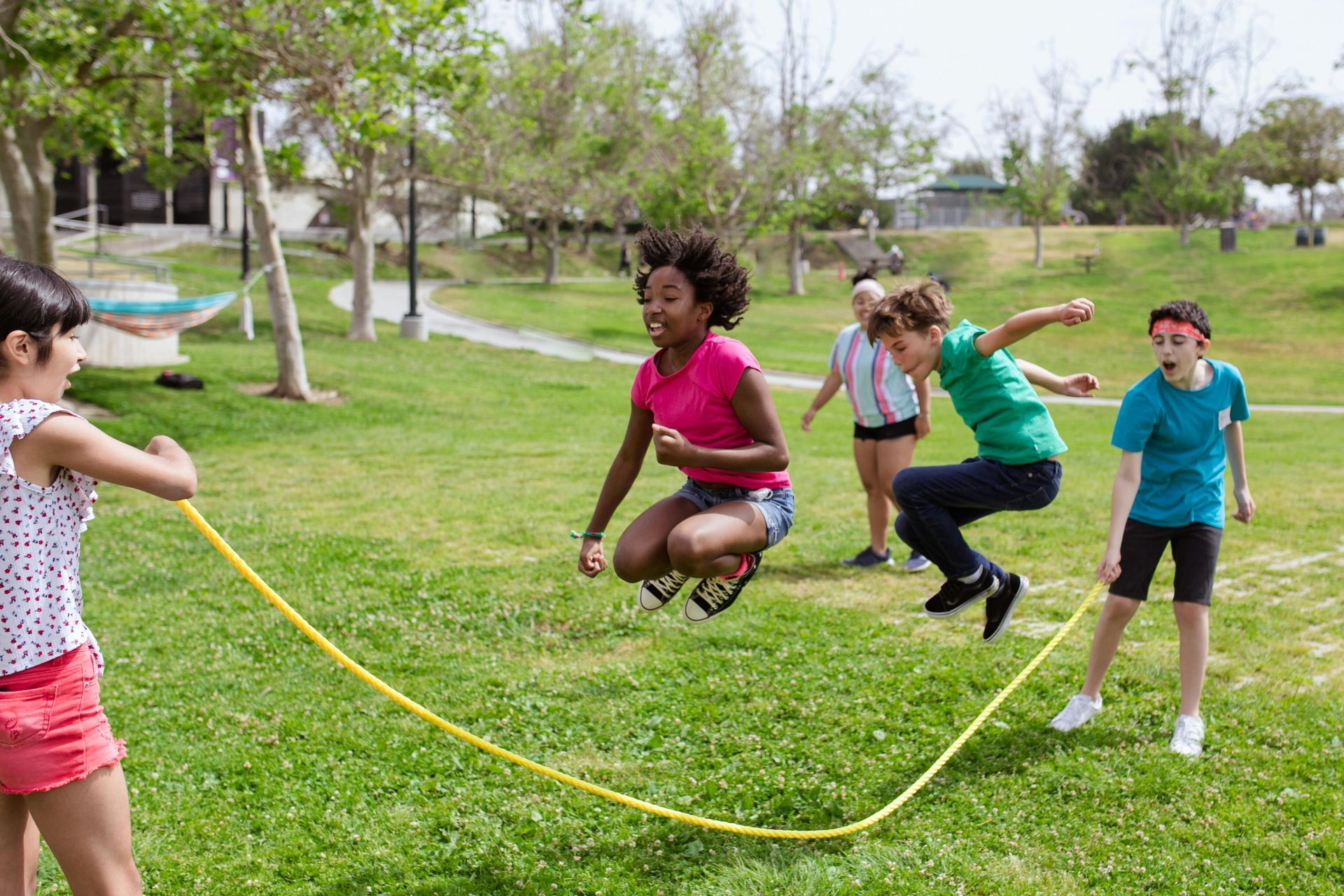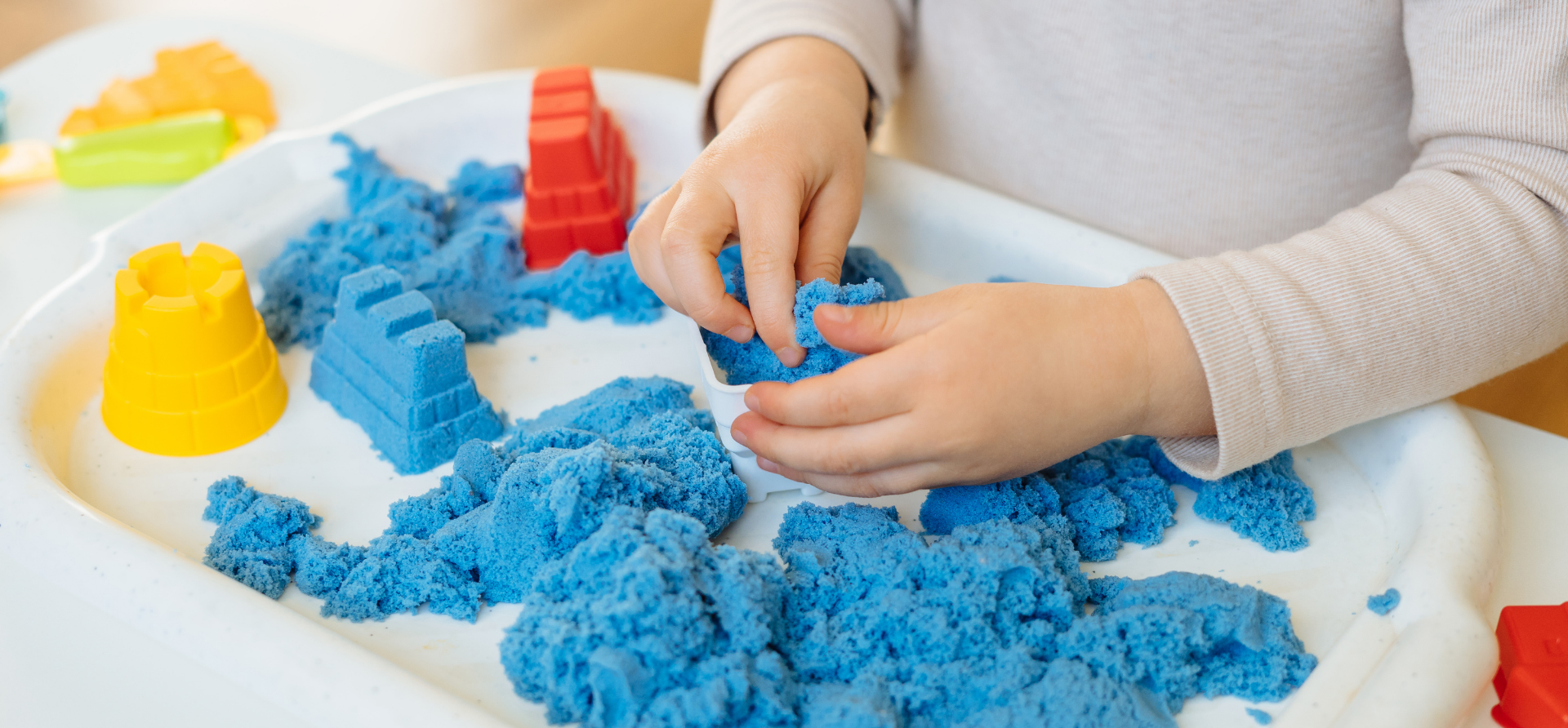Setting Up Your Home for Success: Learning Tools and Strategies for Preschoolers

As parents, we want our children to thrive academically and emotionally, and one of the most effective ways to ensure this success is by creating a learning-rich environment at home. Preschool is a crucial time in your child’s development, as it lays the foundation for lifelong learning. The way you set up your home for learning can have a profound impact on how your child approaches education, fosters curiosity, and develops skills that will benefit them throughout their life.
At Storybook School Orlando, we believe in the importance of extending the classroom experience beyond school hours. By providing your preschooler with the right tools and strategies at home, you are helping them make the most of their educational journey. Let’s explore the various ways you can set up your home to support your child’s learning and development in the most positive and effective ways.
1. Create a Dedicated Learning Space
One of the first steps in setting up your home for success is to create a dedicated learning space for your preschooler. This doesn’t have to be a whole room but should be an area where your child can engage in quiet, focused activities such as reading, drawing, or working on puzzles. The key is to provide a space that is free from distractions and encourages concentration.
In this area, have a small table or desk where your child can sit comfortably and focus on learning activities. Ensure that the space is well-lit, tidy, and stocked with essential learning materials like books, art supplies, and educational games. The idea is to create a space that feels like a fun and exciting place to explore, while also setting clear boundaries for work and play.
2. Incorporate Learning Tools and Educational Materials
Preschoolers are naturally curious, and they learn best when they have access to engaging and age-appropriate learning tools. Setting up your home with educational materials that encourage exploration and discovery is an excellent way to support your child’s development.
Here are a few learning tools to include in your home setup:
- Books: Build a diverse library of books that reflect a range of topics and themes. Include picture books, alphabet and number books, books that explore different cultures, and books that nurture emotional intelligence. Rotate the books regularly to keep things fresh and exciting.
- Educational Toys and Games: Toys that encourage problem-solving, creativity, and critical thinking are invaluable. Consider building a collection of puzzles, stacking toys, shape sorters, and memory games. These help develop fine motor skills, logic, and social skills.
- Arts and Crafts Supplies: A variety of art supplies such as crayons, markers, paper, glue, scissors, and stickers will spark your child’s creativity. Encouraging your preschooler to engage in arts and crafts helps them with fine motor skills, color recognition, and self-expression.
- Building Materials: Blocks, LEGO sets, or other construction toys are fantastic tools for developing spatial awareness, hand-eye coordination, and problem-solving abilities.
- Interactive Learning Apps: If screen time is part of your child’s routine, choose educational apps that offer interactive learning experiences in subjects like math, reading, science, and music. Be sure to limit screen time and monitor content to ensure it aligns with your child’s developmental needs.
3. Use a Routine to Foster Consistency
Young children thrive in environments where there is structure and predictability. A routine that includes designated times for activities, play, meals, and rest helps children feel secure and understand what is expected of them. Consistent routines also help develop time management skills and reduce anxiety.
Consider incorporating the following elements into your preschooler's routine:
- Reading Time: Dedicate a specific time each day for reading. Whether it’s before bed or during quiet time, make reading an integral part of your child’s day. This promotes literacy development and fosters a love of reading early on.
- Learning Breaks: Preschoolers often have short attention spans, so it’s important to include regular breaks throughout the day. After a focused activity, encourage your child to engage in physical play or quiet time to recharge.
- Hands-On Learning: A great way to encourage learning is through hands-on activities such as cooking, gardening, or simple science experiments. These activities are fun, practical, and provide your child with a sense of accomplishment.
4. Encourage Interactive Learning Through Play
Play is a child’s primary way of learning, and it’s crucial that your child has plenty of opportunities to engage in both structured and unstructured play. Through play, children develop problem-solving skills, creativity, and social-emotional intelligence.
Here are some ways to encourage interactive learning through play at home:
- Pretend Play: Set up imaginative play scenarios, such as a pretend kitchen, store, or doctor’s office. These types of role-playing games allow children to practice language skills, social interactions, and creative thinking.
- Outdoor Play: Spending time outdoors is essential for your preschooler’s physical and emotional development. Whether it’s playing in the yard, going on nature walks, or visiting local parks, outdoor play helps develop gross motor skills and fosters a sense of connection to the world around them.
- Games and Puzzles: As mentioned earlier, puzzles and games are great tools for engaging your child’s mind and helping them develop critical thinking and problem-solving skills. Simple board games like "Candy Land" or "Memory" are fantastic for preschoolers and can be a fun way to bond as a family.
5. Foster Emotional and Social Development
Your child’s social-emotional development is just as important as their academic growth. Setting up your home to nurture these areas is crucial for fostering well-rounded development. Encourage your child to engage with their peers, siblings, and family members in positive ways.
Here are a few strategies to help foster emotional and social development:
- Model Positive Behavior: Preschoolers learn by observing adults. Model positive behaviors such as expressing emotions healthily, resolving conflicts calmly, and practicing kindness. Encourage your child to express their feelings and use words to solve problems rather than resorting to physical actions.
- Social Play: Arrange playdates or family gatherings to allow your child to interact with others. Socializing helps children develop empathy, sharing, and communication skills.
- Praise Efforts, Not Just Results: Celebrate your child’s efforts, whether they succeed or fail. Reinforce the idea that learning is a process, and mistakes are an opportunity for growth. This approach promotes a growth mindset and helps build resilience.
6. Limit Distractions and Provide Focused Time
In today’s world, distractions are everywhere, from TV shows to gadgets and toys. When setting up your home for learning, be mindful of minimizing distractions. Create an environment where your preschooler can focus and engage with their learning tools without constant interruptions.
To do this, set clear boundaries on screen time and limit unnecessary distractions during focused activities. Ensure that your child’s learning space is free of electronic devices and other potential distractions. This helps them stay on task and develop concentration skills.
Setting up your home for success is just one part of supporting your child’s development. As discussed in our blog post
7 Advantages of Early Childcare Enrollment, enrolling your child in quality early childcare programs can provide a strong foundation for learning that complements the learning activities you engage in at home. Additionally, our post on
Is Daycare All Year Round? Here’s the Truth can help you make informed decisions about year-round childcare, providing consistency and structure for your child throughout the year.
Conclusion
Setting up your home for success is a vital step in supporting your preschooler’s growth and development. By creating a dedicated learning space, incorporating educational tools, and fostering a routine that balances learning with fun, you provide a foundation for your child’s academic and emotional success. Remember, learning doesn’t just happen in the classroom—by making small adjustments at home, you can help your preschooler build the skills they need to thrive in school and beyond.
At Storybook School Orlando, we believe that every child deserves an environment that supports their curiosity, creativity, and love of learning. By integrating these strategies into your daily routine, you are setting your child up for success both now and in the years to come.













